For some reason, Malaysians are quite shy when it comes to talking about sex, the reproductive system and anything to do with it.
Combine the taboo subject with difficult one like cancer, lagi lah reticent to speak about it.
Unfortunately, this means that many are not aware of the risks, symptoms and general knowledge on some of the most common cancers that affects them.

Prostate cancer is the second most common cancer among men worldwide, and third in Malaysia. The number of men suffering from this type of cancer is expected to double to 1.7 million by 2030.
Yet, there has not been enough awareness campaigns or targeted medical policies to tackle this issue.
According to NCSM, 60 per cent of the cases in Malaysia are only detected at later stages (three and four) as there are no obvious symptoms for this type of cancer. The only way to detect it early is by conducting specific tests.
But there are ways to reduce this numbers and detect the cancer earlier, increasing the chances of recovery.
Here are some of the most important things you need to know about prostate cancer: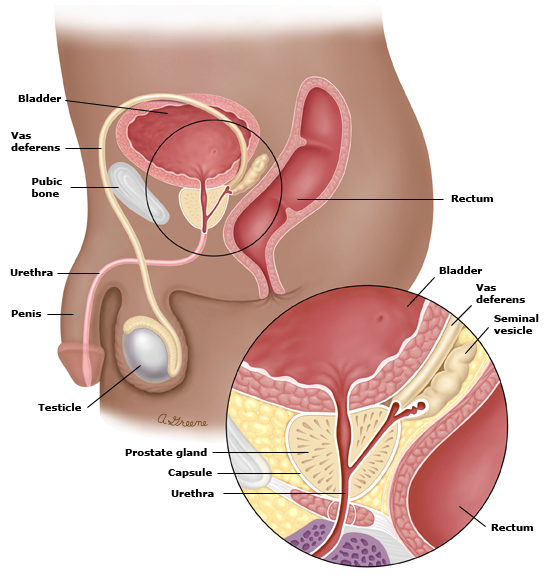
OK. Let's get the most basic of it out of the way first.
It is a walnut-sized gland that surround the urethra (the tube that men urinate and ejaculate from) located between the bladder and penis. Prostate produces a component of semen, which nourishes and protects sperm.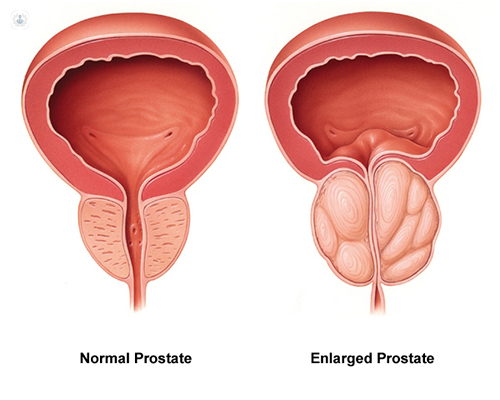
Prostate cancer happens when tumor(s) begin to grow in the prostate. This is usually a very slow process and can be harmless. However, if the tumor turns cancerous, it can spread to other parts of the body, especially the lymph nodes and bones. This can cause health complications, and in one in 41 cases, death.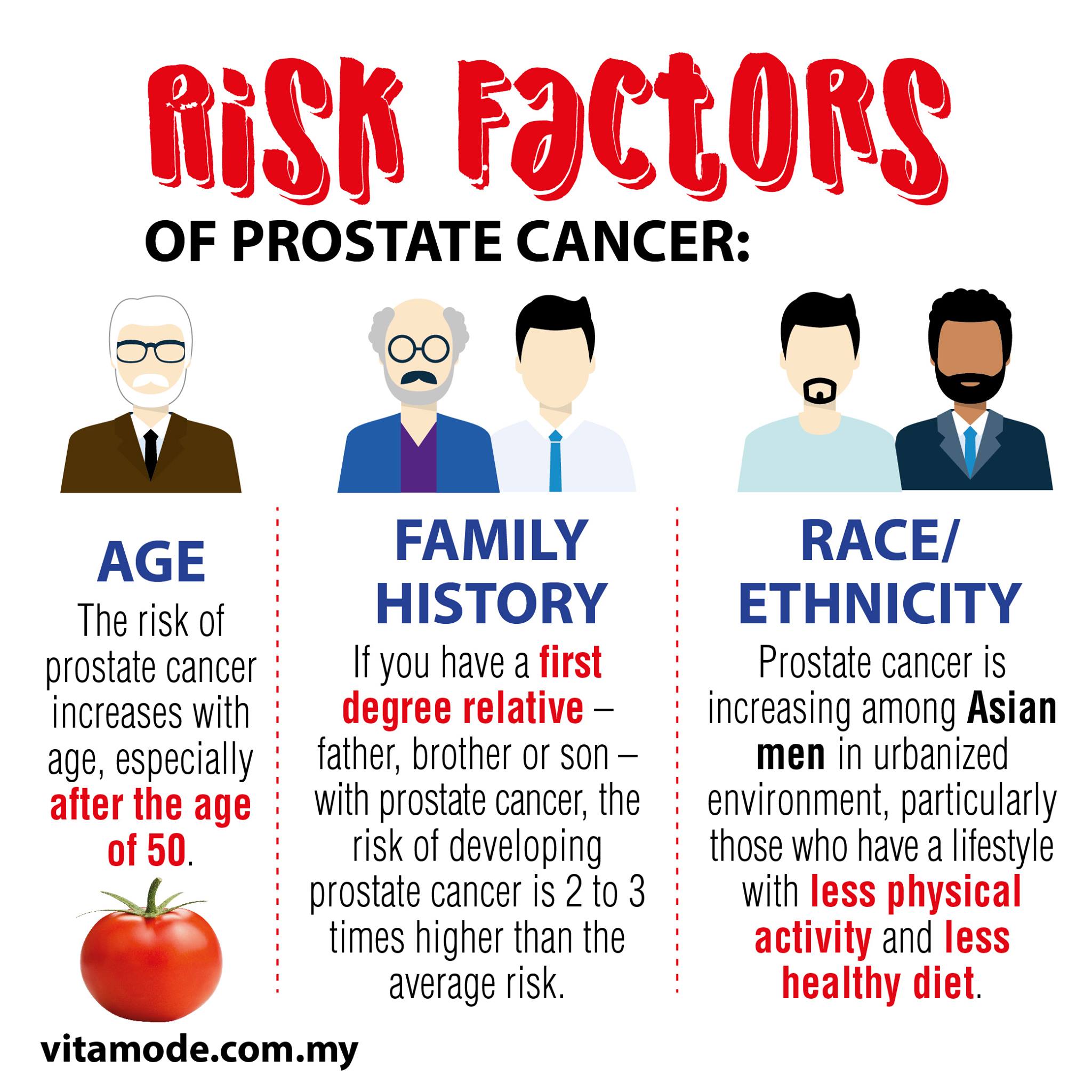
As long as you have a prostate, you can get prostate cancer. However, some men are more at risk then others, so if you fall under any of the following categories, you might want to consult your doctor.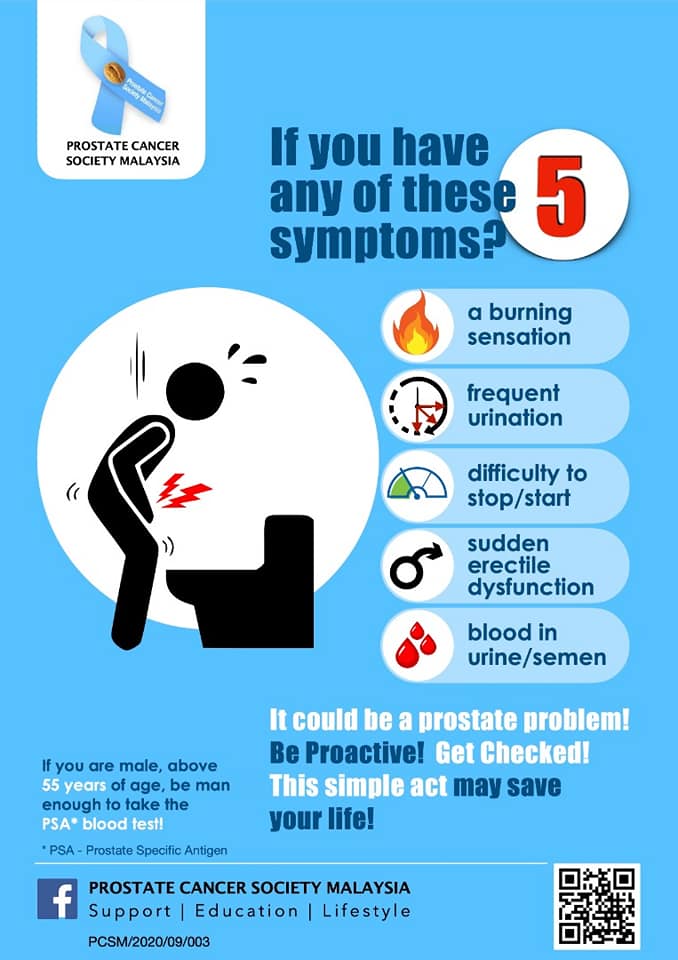
The most frustrating part is perhaps the lack of ‘common’ symptoms, but some of the signs you should keep a lookout for are: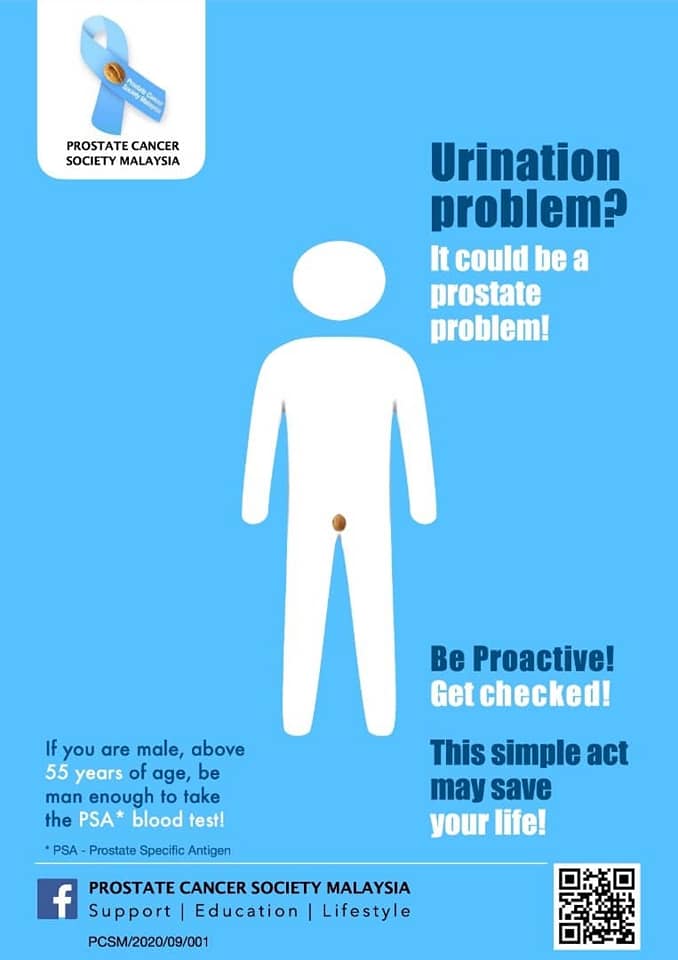
There are several tests to check for prostate cancer. According to MyHealth portal, these are the most common ones: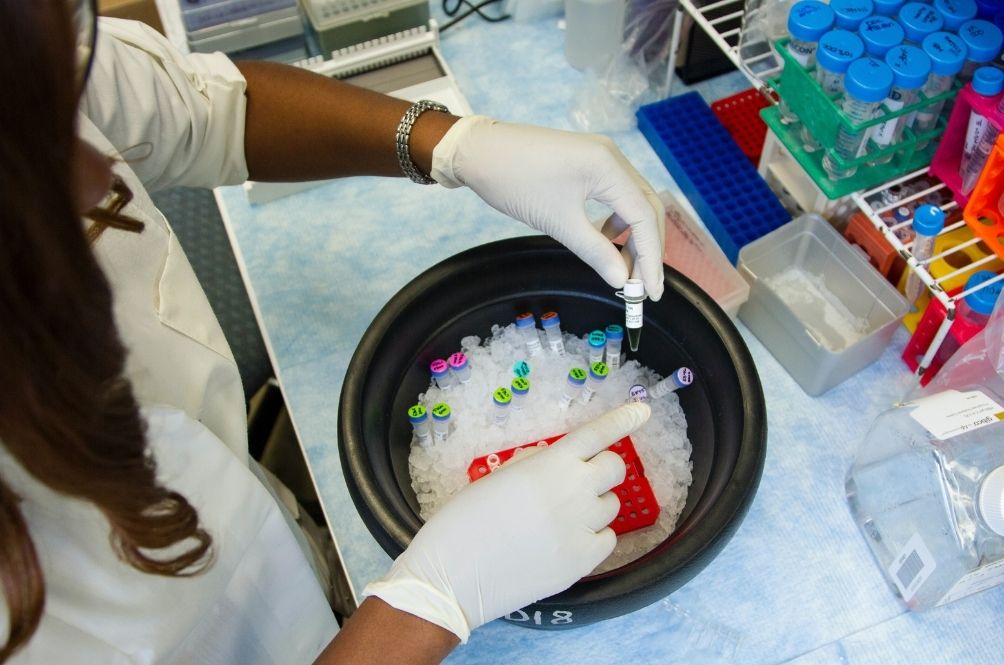
Prostate cancer, or any form of cancer for that matter, can be scary. Good news is, there are several treatments available for this kind of cancer.
The second type of surgery is the Transurethral resection of the prostate (TURP). This surgery does not cure cancer, but it helps relieve urinary obstruction symptoms.
More than one of the mentioned methods are often used to treat prostate cancer. Chances are, you will be dealing with both an urologist and an oncologist for treatment if you get diagnosed.
The hashtag may be a little jarring because of its sexist tone, but that is the point.
Veteran banker Datuk Seri Nazir Razak, who is a prostate cancer survivor himself, together with Universiti Malaya’s Urological Cancer Trust Fund have come up with a five-year campaign called #onlymencan to create awareness about prostate cancer.
The campaign will focus on educating the public about prostate cancer and training general practitioners on how to deal with prostate cancer patients.
Considering that the percentage of Malaysian men only getting diagnosed late is much higher compared to many other countries, the awareness campaign is definitely needed.
Learn more about prostate cancer and the campaign here.
Combine the taboo subject with difficult one like cancer, lagi lah reticent to speak about it.
Unfortunately, this means that many are not aware of the risks, symptoms and general knowledge on some of the most common cancers that affects them.

Prostate cancer is the second most common cancer among men worldwide, and third in Malaysia. The number of men suffering from this type of cancer is expected to double to 1.7 million by 2030.
Yet, there has not been enough awareness campaigns or targeted medical policies to tackle this issue.
According to NCSM, 60 per cent of the cases in Malaysia are only detected at later stages (three and four) as there are no obvious symptoms for this type of cancer. The only way to detect it early is by conducting specific tests.
But there are ways to reduce this numbers and detect the cancer earlier, increasing the chances of recovery.
Here are some of the most important things you need to know about prostate cancer:
1) What is a prostate?

OK. Let's get the most basic of it out of the way first.
It is a walnut-sized gland that surround the urethra (the tube that men urinate and ejaculate from) located between the bladder and penis. Prostate produces a component of semen, which nourishes and protects sperm.
2) What is prostate cancer?

Prostate cancer happens when tumor(s) begin to grow in the prostate. This is usually a very slow process and can be harmless. However, if the tumor turns cancerous, it can spread to other parts of the body, especially the lymph nodes and bones. This can cause health complications, and in one in 41 cases, death.
3) Who is at risk?

As long as you have a prostate, you can get prostate cancer. However, some men are more at risk then others, so if you fall under any of the following categories, you might want to consult your doctor.
- You are 50 and above.
- There's a history of cancer in your family. If there is, you should start screening from the age of 45 or younger.
4) What are the symptoms?

The most frustrating part is perhaps the lack of ‘common’ symptoms, but some of the signs you should keep a lookout for are:
- Frequent urination, especially at night.
- Blood in urine or semen.
- Weak or interrupted urine flow or the need to strain to empty the bladder.
- Painful urination.
- Painful erection.
- Unable to have an erection.
- Stiffness or pain in the hips, lower back or upper thighs.
5) How do doctors check for prostate cancer?

There are several tests to check for prostate cancer. According to MyHealth portal, these are the most common ones:
- Prostate-specific antigen (PSA) test
- Digital rectal examination (DRE)
- Transrectal ultrasound (TRUS)
- Biopsy
- Computed tomography (CT or CAT) scan
- Magnetic resonance imaging (MRI)
6) What are the treatments available?

Prostate cancer, or any form of cancer for that matter, can be scary. Good news is, there are several treatments available for this kind of cancer.
- Surgery
The second type of surgery is the Transurethral resection of the prostate (TURP). This surgery does not cure cancer, but it helps relieve urinary obstruction symptoms.
- Radiation therapy
- Hormone therapy
- Chemotherapy
More than one of the mentioned methods are often used to treat prostate cancer. Chances are, you will be dealing with both an urologist and an oncologist for treatment if you get diagnosed.
#OnlyMenCan
The hashtag may be a little jarring because of its sexist tone, but that is the point.
Veteran banker Datuk Seri Nazir Razak, who is a prostate cancer survivor himself, together with Universiti Malaya’s Urological Cancer Trust Fund have come up with a five-year campaign called #onlymencan to create awareness about prostate cancer.
The campaign will focus on educating the public about prostate cancer and training general practitioners on how to deal with prostate cancer patients.
Considering that the percentage of Malaysian men only getting diagnosed late is much higher compared to many other countries, the awareness campaign is definitely needed.
Learn more about prostate cancer and the campaign here.






